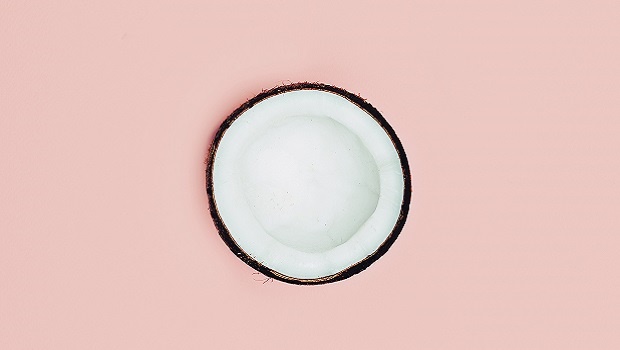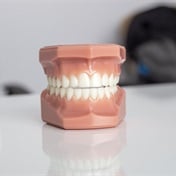
Gwyneth, we trusted you.
But now it seems Goop owner and all-round (almost annoyingly) glowing beacon of all that is healthy and mindful, Gwyneth Paltrow, lied to us. Glamour.co.uk once noted that for Gwyn, coconut oil is basically what carbs are to all of us - a close personal friend. She used it on her face, her hair, as a mouth wash and even consumed it along with her morning brekkie.
Read: Local and international models spill their best kept skin secrets
But, like carbs, the love affair ultimately had to end. And it was a drive-by hit.
Last week, The American Heart Association released results of a study that was conducted to see exactly how fats relate to cardiovascular disease.
The study concluded that “The main sources of saturated fat to be decreased are dairy fat (butter), lard (pork), beef tallow, palm oil, palm kernel oil, and coconut oil.”
So, if we as a community believe in the evils of saturated fat, then yes, there’s no more beating around the bush, coconut oil is definitely not a health food.
Not surprisingly, it reported that 72% of Americans identified coconut oil as a “healthy food”. This is compared to 37% of nutritionists who also saw it as such.
The study notes that “This disconnect between lay and expert opinion can be attributed to the marketing of coconut oil in the popular press. The fatty acid profile of coconut oil is 82% saturated, about half lauric acid, and the rest myristic, palmitic, stearic, and short-chain fatty acids.”
Plus that “A carefully controlled experiment compared the effects of coconut oil, butter, and safflower oil supplying polyunsaturated linoleic acid. Both butter and coconut oil raised LDL cholesterol compared with safflower oil, butter more than coconut oil, as predicted by the meta-regression analysis of individual dietary saturated fatty acids. Another carefully controlled experiment found that coconut oil significantly increased LDL cholesterol compared with olive oil.”
So in the hierarchy of fats that do not raise LDL levels, it goes:
Olive Oil
Coconut Oil
Butter
But then, the drop mic moment of this study: “we advise against the use of coconut oil”.
However, can we trust the American Heart Association? A lot of people, including doctors and scientists don’t think so. Sustainable Dish notes in an article called Why Coconut Oil Won’t Kill You, But Listening to the American Heart Association Might! that it is crucial to note who’s funding a study and who might benefit from said study. In this case they assert, not the consumer:
“The best place to get money is from corporate sponsors, which for them include Subway, Cheerios, and Bayer. In addition, the AHA allows companies to purchase a ‘seal of approval’, known as the Heart Check Program, that can be put on certain food products that meet specific criteria.”
So who can we trust?
Not Gwyneth, that's for sure.
No, it's not Paltrow’s fault. It’s our fault. It’s the culture of the quick fix.
Harling Ross of Manrepeller notes in Farewell Coconut Oil, You Dastardly Fraud that ‘“Huge and excessive quantities” is the crux of the issue, and it is illustrative of what seems to happen frequently in the wellness industrial complex: an alleged health trend trickles into the zeitgeist and explodes to the point of being mythologized beyond the scope of what’s actually been consistently medically proven. The same thing happened with turmeric.’
Honestly, we are blind if we don’t see the fault in our own stars here. We constantly crave a quick fix, for skin, hair, love, work, money, whatever. We must actually just face facts that underneath all of the confusing information we have become lazy. Lazy to work for results, to search the right answers and so forth. Instead we believe celeb endorsements or hearsay and take it as fact.
And when this is proven wrong we gasp and finger point.
Ultimately it’s always crucial to know where our information is coming from. Saying ‘I read this on the internet’ is almost like playing a game of broken telephone, the answer is always confusing and never what it intended to be.
I think we can all agree that there are benefits of coconut oil and there are quite a few negatives – especially when consumed in excess. Like anything, moderation is good. Okay, not when taking crack, but you get me.
So instead of blindly following celebs, or fad food enthusiasts or studies with sinister financial motives, it’s time to reassess and actually think for ourselves again.
Enjoyed this? Why not sign up for our weekly newsletter to get the best of W24 in your inbox every week!




 Publications
Publications
 Partners
Partners















